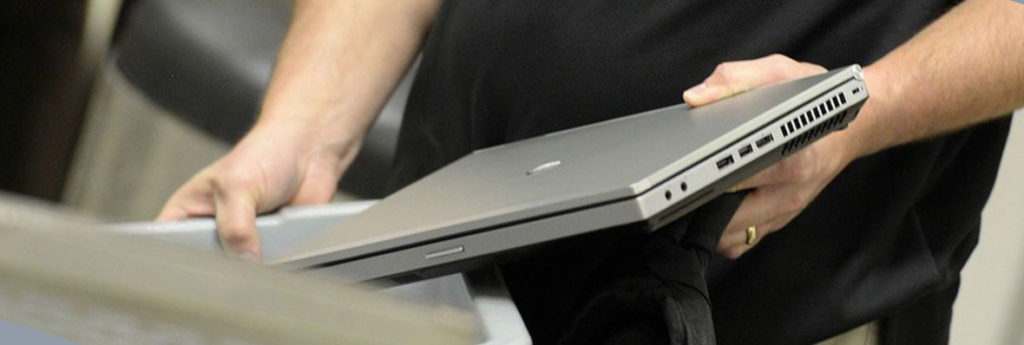Despite a much-publicized US court ruling against border guards searching travellers’ phones or other electronic devices at the US border without first having reasonable suspicion of a crime, Canadians are advised not to save anything on their devices they would not want a US Customs and Border Protection officer to read.
The Massachusetts court ruled that the government’s policies on warrantless searches of devices without reasonable suspicion “violate the Fourth Amendment,” which protect against warrantless searches and seizures.
The Court’s decision sided with a group of plaintiffs including the American Civil Liberties Union and the pro-privacy Electronic Frontier Foundation.
Civil liberties advocates, applauded the court ruling at the time saying that such searches without a warrant are unconstitutional, but lawyers warn that the ruling is extremely limited.
The plaintiffs, among them a lawyer and a journalist, both of whom were concerned with privacy issues, alleged that border agents arbitrarily demanded access to their devices at US airports and Canada-US border checkpoints, including the US customs preclearance zone at Toronto Pearson Airport, the Ontario-New York checkpoint, and Quebec checkpoints with Vermont and New York.
The Electronic Frontier Foundation said of the ruling, that travellers could now cross the border without fear of being searched without grounds.
But – BIG BUT – lawyers say the findings don’t apply outside Massachusetts.
However – border agents are not permitted access to information stored remotely, so Canadians and other travellers wishing to keep information private, should save documents in cloud storage and delete any such information from their devices
In order to apply to all jurisdictions and all ports of entry and preclearance points, the decision needs to either be upheld by the US Supreme Court, or be incorporated by US Customs and Border Protection into their guidance to officers.
Meanwhile, if your information needs to be private. Store it.

